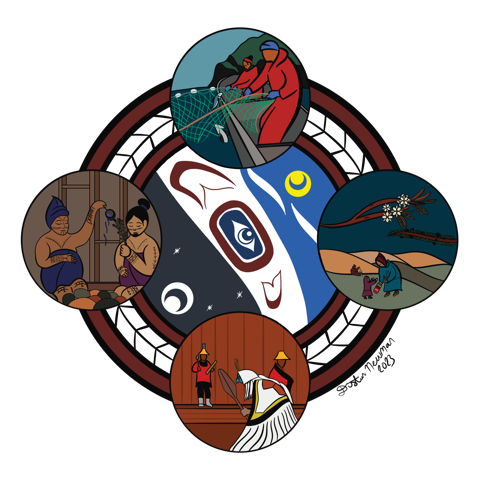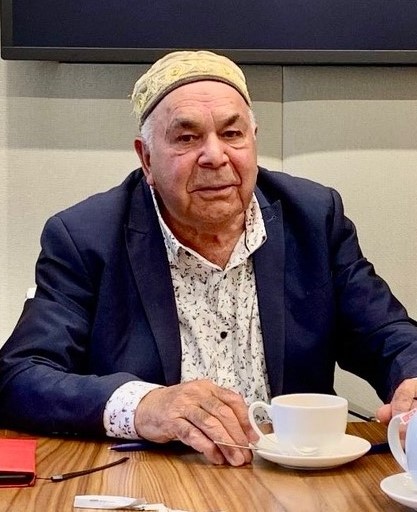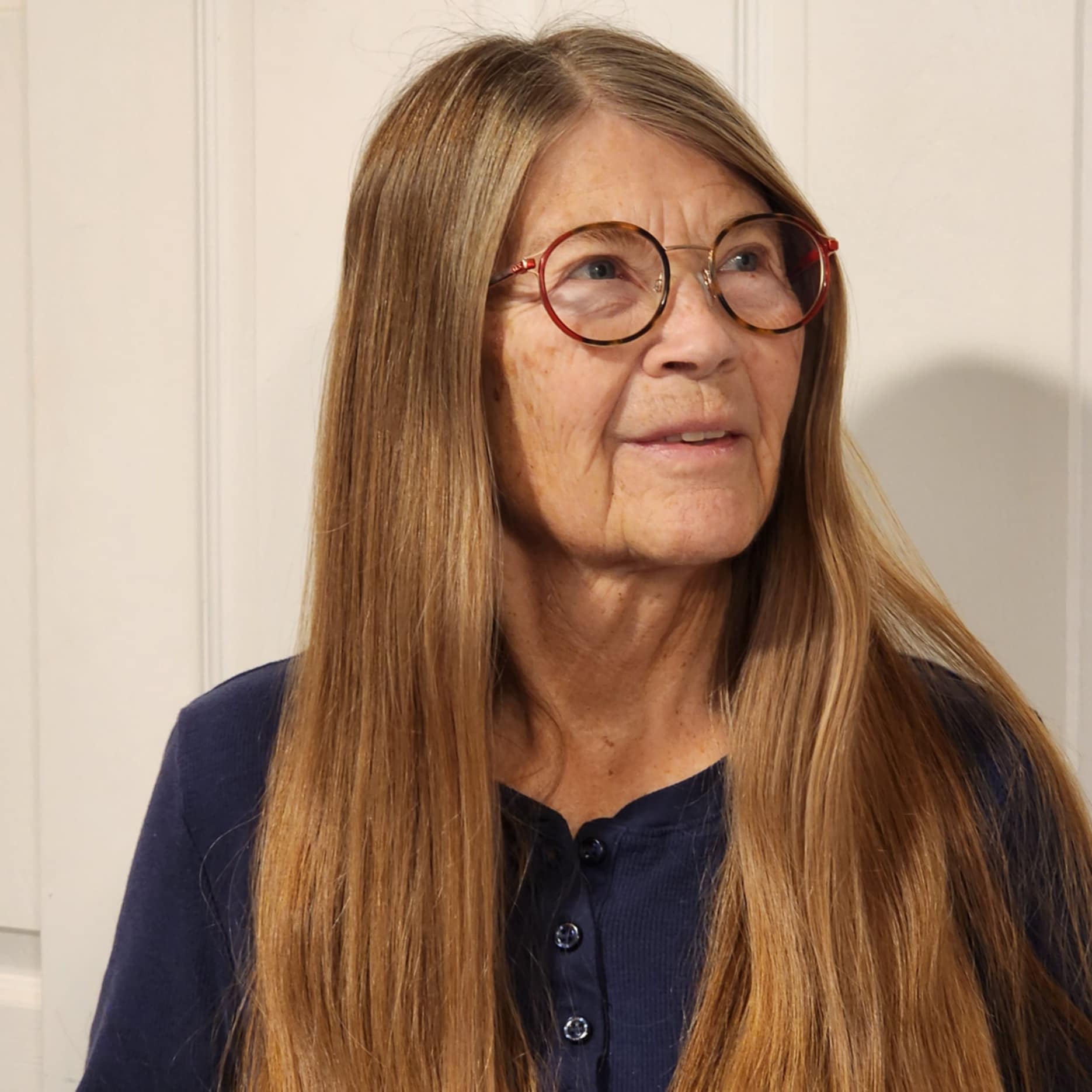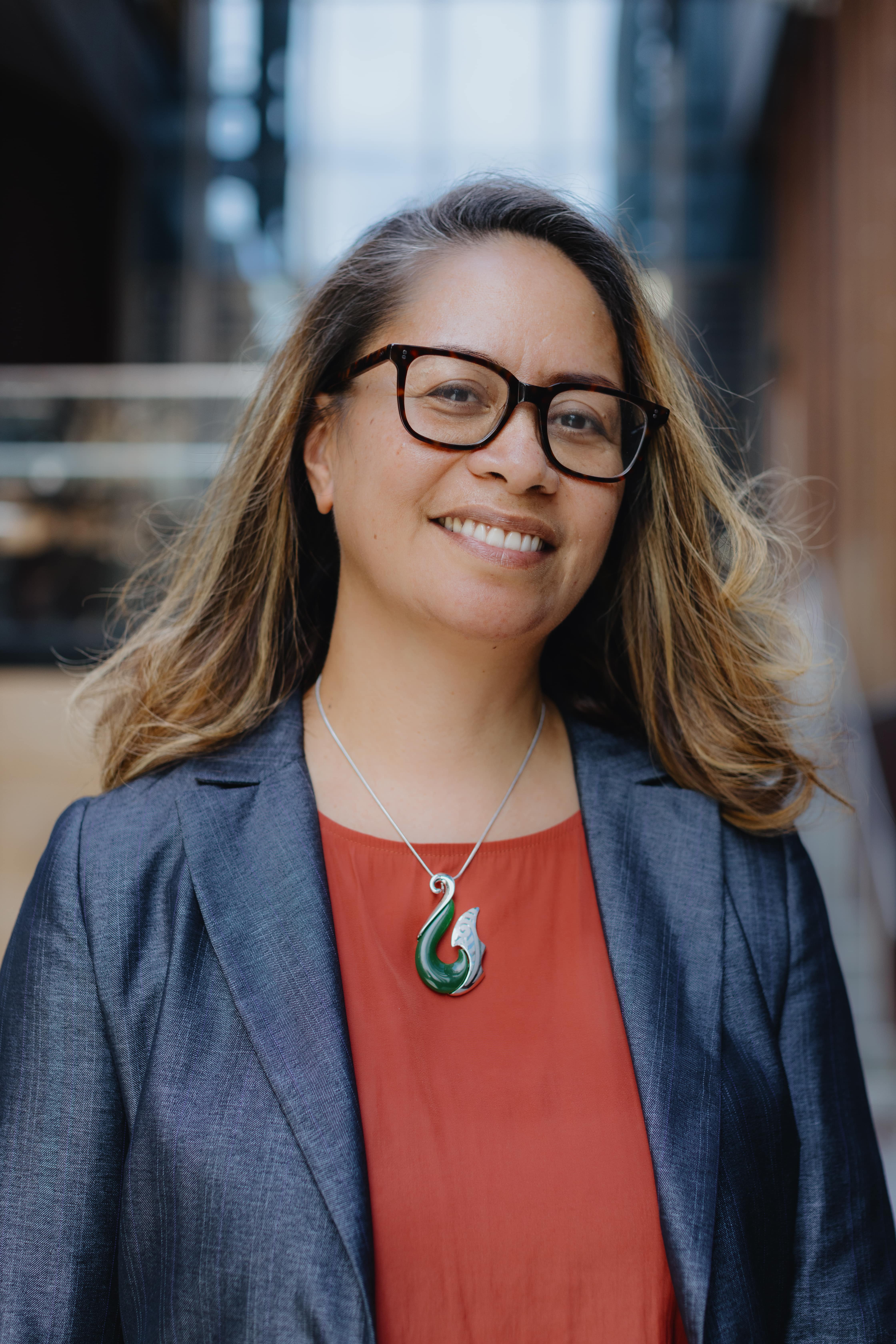

We assist Indigenous communities in building governance structures, strategic policies, and sustainable economic models in alignment with the United Nations Declaration on the Rights of Indigenous Peoples (UNDRIP). This service empowers communities to exercise self-determination and uphold their rights in national and international contexts.
We offer comprehensive training programs that educate organizations on engaging with Indigenous communities in respectful, culturally informed ways. Our workshops go beyond cultural competency to stimulate innovative thinking, productivity, and creative solutions through the lens of Indigenous knowledge.
We specialize in identifying and tracing the Indigenous origins of knowledge in patent applications, ensuring that organizations meet international compliance standards such as those set by the UN. Our forensic analysis safeguards the rights of Indigenous communities and promotes ethical practices in intellectual property management.
Engage audiences with powerful storytelling that brings Indigenous contributions to life. Our public speaking services inspire and educate, bridging the gap between past and present through narratives that emphasize the value and impact of Indigenous knowledge.
We facilitate meaningful connections between organizations and Indigenous experts who possess specialized knowledge in critical areas. These partnerships provide invaluable insights that drive projects forward with authenticity and cultural integrity.
We work with universities, corporations, and institutions to integrate Indigenous knowledge into their curricula and training programs. This approach enhances not only cultural awareness but also innovation and problem-solving capabilities.
Our team brings a unique blend of academic, cultural, and field expertise that bridges the gap between Indigenous communities and modern institutions. We honor the wisdom of traditional knowledge while empowering organizations with the insights and partnerships needed for sustainable, innovative, and culturally respectful outcomes. Our deep-rooted experience ensures that your projects not only meet compliance standards but also foster long-term, reciprocal relationships with Indigenous partners.

Len Clarke, a Gunditjmara/Kirrae Whurrong Elder, has dedicated his life to advancing Indigenous rights and social equity. With extensive experience in community engagement, advocacy, and cultural awareness, he has held leadership roles across local, state, and national organizations. Len has pioneered models of Indigenous cultural education, disability advocacy, and land management. A respected Elder in the Victorian Koori Court system, he continues to serve as a mentor and advocate, fostering partnerships that promote justice and inclusion.

Ben Rhodd is a member of the Citizen Potawatomi Nation of Oklahoma and the Choctaw Nation of Oklahoma. A professional archaeologist with 46 years of experience, he has conducted ethnographic research, oral histories, and written hundreds of reports. Ben is an activist for peace and justice, working on Indian Boarding School issues and the return of children who died at these institutions. He resides in the Black Hills of South Dakota with his wife and family.

Juanita Rhodd, based in the Black Hills of South Dakota, is an educator, counselor, and equine therapist with decades of experience in special education. She has dedicated her life to supporting Indigenous communities while raising a family of nine children. Alongside her husband, Ben, she has coordinated the Spiritual Unity of the Tribes Gatherings, building connections across cultures and traditions.

Meda DeWitt is a Tlingit traditional healer, ethno-herbalist, and educator dedicated to preserving Indigenous health practices and fostering environmental stewardship. A member of the Naanyaa.aayí clan and child of the Kaach.aadi, her lineage traces back to Shtuxéen kwaan (Wrangell, Alaska). Meda resides on Dena’ina lands in Anchorage with her fiancé and eight children, blending ancestral wisdom with modern approaches to healing and leadership.

Natasha hails from Tatakamotonga and Mo’unga’one in Tonga and lives on Darug lands in Sydney, Australia. Natasha specializes in creating structural systems that are equitable and just. She has collaborated on educational programs for neurodivergent children with complex trauma and creating technological systems to enable better outcomes. Currently, Natasha is partnering with Indigenous technologists to offer decentralised digital identities and exchange systems underpinned by traditional and modern laws that values caring for others and the earth.

Chris Kavelin lived on the Wind River Reservation in Wyoming and currently lives on Wurundjeri lands in Melbourne. He holds a PhD in Law, specializing in the protection of Indigenous medical knowledge. He has collaborated on numerous projects with Native American, Pacific, Māori, Aboriginal, and African communities to support various aspects of Indigenous nation-building, particularly advocating for traditional healers and their medicines.